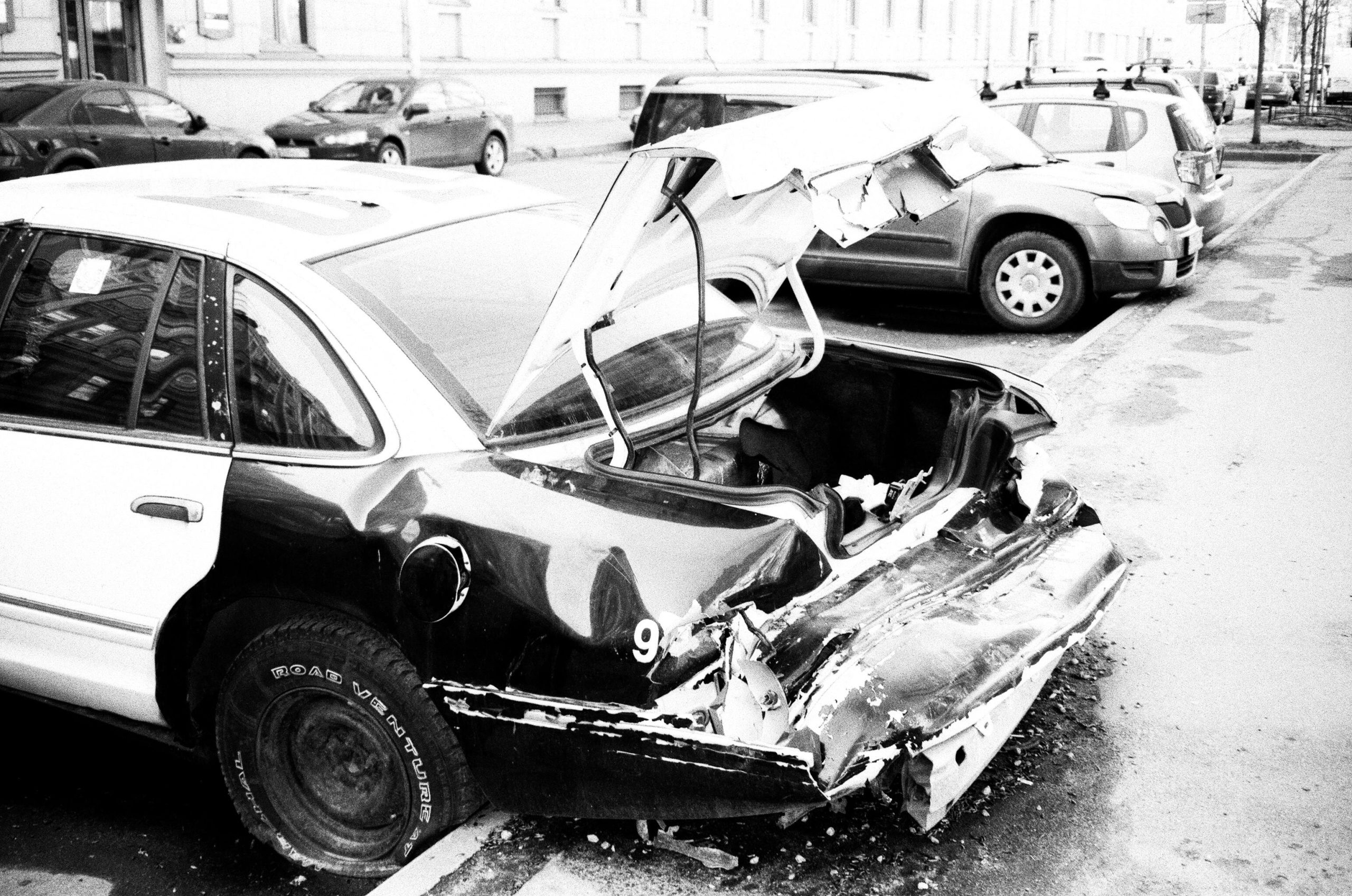 In the depths of the Gulf of Mexico, a seemingly minor incident set off a chain of legal events that reverberated through the maritime industry. An underwater sonar device, or towfish, collided with the mooring line of a Shell Offshore drilling rig, causing significant damage. The resulting legal battle involved Shell, the company operating the sonar device (Tesla Offshore), and the vessel’s owner (International Offshore Services). This blog post explores the key issues of the case, the court’s rulings, and the implications for maritime operations.
In the depths of the Gulf of Mexico, a seemingly minor incident set off a chain of legal events that reverberated through the maritime industry. An underwater sonar device, or towfish, collided with the mooring line of a Shell Offshore drilling rig, causing significant damage. The resulting legal battle involved Shell, the company operating the sonar device (Tesla Offshore), and the vessel’s owner (International Offshore Services). This blog post explores the key issues of the case, the court’s rulings, and the implications for maritime operations.
The Incident:
Tesla Offshore was conducting an archaeological survey of the ocean floor using a towfish pulled by a vessel chartered from International Offshore Services. Despite having prior information about the location of Shell’s drilling rig, Tesla failed to share this with the vessel’s crew. The towfish struck one of the rig’s mooring lines, causing damage and disrupting Shell’s operations.
 Insurance Dispute Lawyer Blog
Insurance Dispute Lawyer Blog


 In a victory for consumer rights, the
In a victory for consumer rights, the  In a recent ruling highlighting the importance of responding to legal actions, the Louisiana Court of Appeal, Fourth Circuit, sided with Xavier University of Louisiana in a case involving unpaid student debt. The court reversed a lower court’s decision, granting Xavier University a preliminary default judgment against a former student, Elemuel Coleman.
In a recent ruling highlighting the importance of responding to legal actions, the Louisiana Court of Appeal, Fourth Circuit, sided with Xavier University of Louisiana in a case involving unpaid student debt. The court reversed a lower court’s decision, granting Xavier University a preliminary default judgment against a former student, Elemuel Coleman. In a poignant reminder of the potential consequences of attorney negligence, the
In a poignant reminder of the potential consequences of attorney negligence, the  In a decisive move highlighting the importance of procedural adherence in workers’ compensation cases, the Louisiana Court of Appeal, Fourth Circuit, dismissed an appeal because the appellants failed to post a required appeal bond.
In a decisive move highlighting the importance of procedural adherence in workers’ compensation cases, the Louisiana Court of Appeal, Fourth Circuit, dismissed an appeal because the appellants failed to post a required appeal bond. A recent ruling by the
A recent ruling by the  In a recent decision, the
In a recent decision, the  A recent ruling by the
A recent ruling by the  A recent ruling by the
A recent ruling by the  In a recent case, the
In a recent case, the